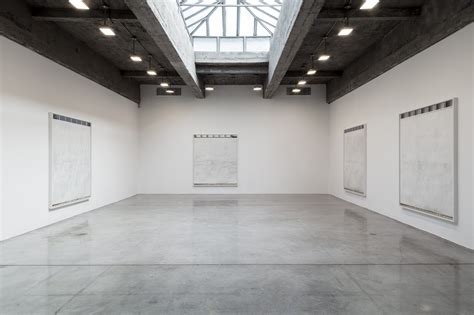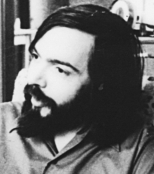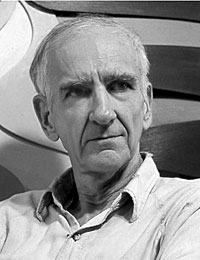A Quote by Uta Barth
My work never directly addresses the literal subject matter of the photograph, but attempts to ask questions about vision itself.
Related Quotes
Approaching subject matter to photograph is like meeting a person and beginning a conversation. How does one know ahead of time where that will lead, what the subject matter will be, how intimate it will become, how long the potential relationship will last? Certainly, a sense of curiosity and a willingness to be patient to allow the subject matter to reveal itself are important elements in this process.
Questions are not happenstance thoughts nor are questions common problems of today which one picks up from hearsay and booklearning and decks out with a gesture of profundity questions grow out of confrontation with the subject matter and the subject matter is there only where eyes are, it is in this manner that questions will be posed and all the more considering that questions that have today fallen out of fashion in the great industry of problems. One stands up for nothing more than the normal running of the industry. Philosophy interprets its corruption as the resurrection of metaphysics.
The subject matter that I am really spending my time on has become an acceptable subject matter. Living, lifestyle, family, is now in the forefront of interest in America, and I've just stuck with it. I mean, I've been doing this for years, and I never got angry. I never said, you know, listen, I'm fighting for this subject. That wasn't my point. My point was to continue working in a subject matter, knowing full well that finally it would be recognized as a viable subject once again.
Photographers usually want to photograph facts and things. But I'm interested in the nature of the thing itself. A photograph of someone sleeping tells me nothing about their dream state; a photograph of a corpse tells me nothing about the nature of death. My work is about my life as an event, and I find myself to be very temporal, transient.
How foolish of me to believe that it would be that easy. I had confused the appearance of trees and automobiles, and people with a reality itself, and believed that a photograph of these appearances to be a photograph of it. It is a melancholy truth that I will never be able to photograph it and can only fail. I am a reflection photographing other reflections within a reflection. To photograph reality is to photograph nothing.
A Nicklaus Design golf course is done by the guys in my company that I work with, that have been trained in my vision, and they do what they think I might do. They might come in the office and ask me questions and I'd certainly answer their questions, but I'm not involved in the site visits or anything else.
When I teach a class I often give the assignment: Photograph someone you love. I ask people to do this so they have a subject about whom they have feelings, a subject that is more than a model, or an object, or a shape, or an idea. In this way, they can judge the result not only by its technical success, but also by how well it describes their feelings.
A work of art is itself an object, first of all, and so manipulation is unavoidable: it's a prerequisite. But I needed the greater objectivity of the photograph in order to correct my own way of seeing: for instance, if I draw an object from nature, I start to stylize and to change it in accordance with my personal vision and my training. But if I paint from a photograph, I can forget all the criteria that I get from these sources. I can paint against my will, as it were. And that, to me, felt like an enrichment.


































